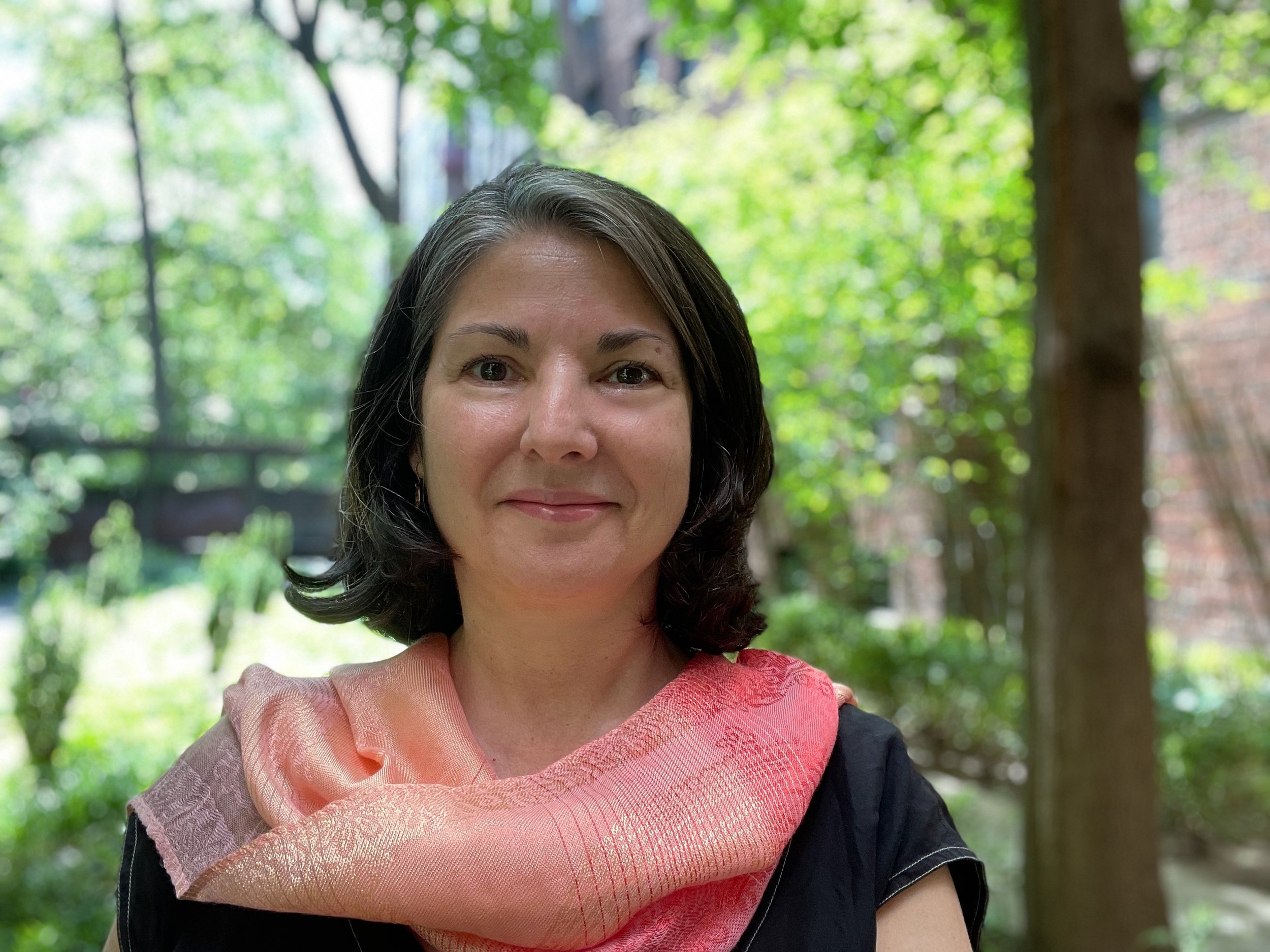Buddhism to navigate grief and loss
/Kimberly Brown is a meditation teacher and author and leads classes and retreats that emphasise the power of compassion and kindness meditation to reconnect us to ourselves and to each other. Her teachings provide an approachable pathway to personal and collective wellbeing through effective and modern techniques based on traditional practices. She studies in both the Tibetan and Insight schools of Buddhism and is a certified mindfulness instructor.
Kimberly came to these practices after she struggled with panic attacks and other anxiety issues herself. She had a lot of therapy which was helpful and then found meditation and that acted as a complement to the earlier work.
The difference between the Buddhist and non-Buddhist traditions of meditation is that in the Buddhist practice there are also teachings that align with the meditation practices. These teachings are simply encouragement to understand reality, that all of us will get older, get sick and die, that we all have struggles and that nothing is permanent. This emphasis on seeing reality can be useful in alleviating the suffering that comes from wanting things to be different than they are.
There are some similarities between the Buddhist and Stoic views. One of the distinctions though is that Buddhism doesn't suggest that the fact we are going to get older, get sick and die is terrible and that we have to just ‘suck it up’. Buddhism says ‘well that s OK’ and once we know and understand that, we can live a very happy life with less resistance or things that we don't want.
Buddhists also approach grief and loss in a different way. The traditional westernised view is that it’s something that's not talked about, something that’s slightly embarrassing and that if we talk about it, it might happen sooner. Buddhism seems to integrate ‘passing on’ in a more obvious way so people are less ashamed to talk about it and to remind ourselves that life is brief and that we can use our words and actions to benefit ourselves and other’s. In the US there is a struggle to know how to grieve and how to talk about it. There is a superstition about it so people who are grieving have little access to tools to help them develop resilience in the face of that change.
Death is a natural part of our cycle and there are many different Buddhist views of what happens after death. Some like the Tibetan tradition really emphasise the idea of reincarnation - that we all have many incarnations as different insect’s animals and people and that we will again. Others such as the Japanese Zen tradition don’t have an answer for it.
Although we would not wish grief of suffering on anyone it is in the nature of life. It is neither good nor bad. It is the nature of being human and being able to be able to know that you might choose to live your life a little differently having realised how precious it is and what is really important to you.
In the Buddhist view there is an idea that is similar to psychological safety. They feel that each of us can become a reliable support for ourselves and that most of us learn this from the outside world – getting what we want, depending on someone else, managing or controlling everything that happens outside – and that somehow we can create a situation where we are going to be safe. We can do this to a certain degree but we are still going to get older, may lose our job or get divorced etc. The idea in Buddhism is to use the tools and practices it teaches such as compassion and wisdom to create a refuge in your own self. To start to develop a way to have resilience, to have tools as we are trying to control people and circumstances, almost all of which aren’t in our control.
The Buddhist tradition is to develop our minds so we have the ability to not get lost and develop the compassion to each other. Both mediation and compassion are processes and wisdom is an output of these but you can also cultivate wisdom. From the Buddhist view, wisdom is not just knowledge, it’s being able to ascertain and meet what’s happening in each moment and being able to meet it with an appropriate response and a beneficial action.
Resilience is a process that allows you to bounce forward and not just back every time there is a setback in life. An inherent part of the resilience process is learning. The easiest way to develop wisdom is to start to learn mindfulness, to be able to be present in what is in your senses and your thoughts. If you can practice this for a short time you will very clearly start to see the truth of life – that everything is impermanent. You hear a sound and it goes away, an emotion comes that goes away to. Everything is constantly changing so you start to see that wisdom of impermanence; you also start to see the wisdom of your own neediness, greed, dislike and disillusion to see the biases of the mind.
Finally, you start to see who you are. Someone who is constantly receiving information, creating ideas and thoughts and in each moment this is ever changing. We have the possibility of lessening our suffering and walking through the world in a way that is more beneficial to ourselves and others.
Kimberly’s new book is Navigating Grief And Loss: 25 Buddhist Practices to Keep Your Heart Open to Yourself and Others
You can learn more about Kimberly at her website, www.meditationwithheart.com.
You can listen to the podcast in full and find out further information here. Our upcoming guest list is also available along with our previous blogs.
Find out more about our innovative Resilience and Burnout solutions.





